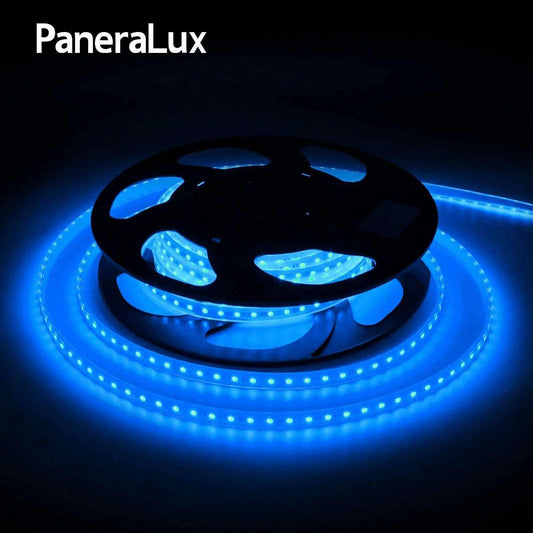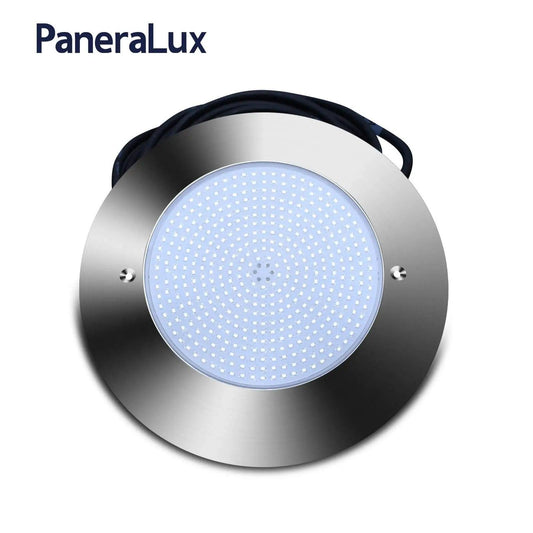Electrical Safety in Underwater Lighting: Risks and Precautions
There is a fundamental rule that electronics are inherently incompatible with water. If electricity were to leak or come into contact with water, it could pose significant dangers and risks. Water, being a conductor of electricity, allows electrical current to flow through it. When electricity encounters water, it creates a pathway for the current to travel, resulting in potentially hazardous situations.

Here are some potential consequences of electricity leaking or entering water:
Electric shock: When a person comes into contact with water that has electricity running through it, they are at risk of experiencing an electric shock. The severity of electric shocks can vary, depending on the voltage and current involved. Severe electric shocks can cause injuries or even be fatal.
Damage to electrical equipment: Water is known to damage electrical equipment. When electricity leaks into water, it can lead to short circuits, causing equipment malfunctions, overheating, or even fires.
Fire hazard: Water's ability to conduct electricity makes it a medium for short circuits, which can result in electrical fires. Sparks or arcing can occur when electrical components or wiring are exposed to water, potentially igniting flammable materials.
Damage to electrical infrastructure: Electricity leaking into water can also damage electrical infrastructure, such as power lines, transformers, or electrical distribution systems. This can lead to power outages or disruptions.

To prevent such harmful incidents when using lights underwater, it is crucial to follow electrical safety guidelines. Using specialized electrical equipment designed for underwater environments and adhering to safety standards for underwater electrical installations can help mitigate the risks associated with electricity and water contact. It is essential to use lights specifically rated for underwater use and adhere to the manufacturer's guidelines regarding voltage requirements. Generally, low-voltage lights, such as those operating at 12 volts or 24 volts, are commonly used for underwater lighting due to their safety and efficiency. For instance, our PaneraLux Underwater Swimming Pool Light Strips are all rated at 24 volts and are completely waterproof with an IP68 rating.
Pool lights
-
PaneraLux Colored IP68 Underwater Pool Light Strip(T1512 V3.0)
Regular price From $269.00 USDRegular priceUnit price per$189.00 USDSale price From $269.00 USD -
PaneraLux LED Pool Lights Single Color (T1512 V3.0)
Regular price From $269.00 USDRegular priceUnit price per$178.80 USDSale price From $269.00 USD -
PaneraLux Above Ground Pool Lights
Regular price From $239.00 USDRegular priceUnit price per -
PaneraLux Underwater Pool Lights
Regular price $649.00 USDRegular priceUnit price per




